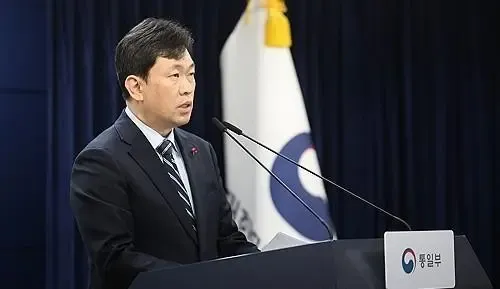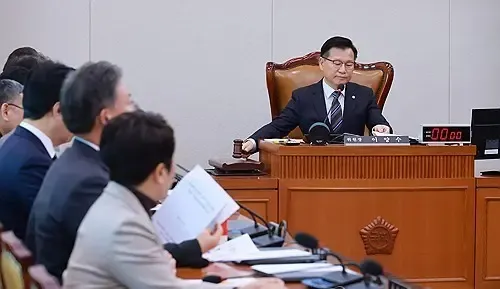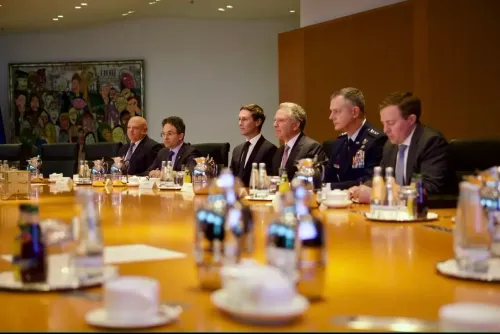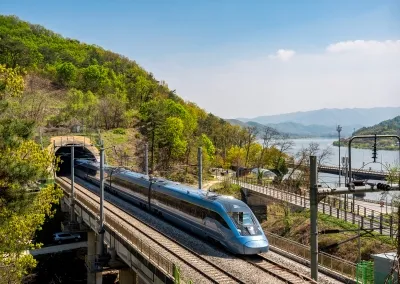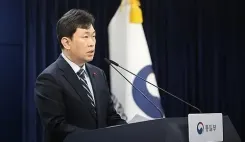Is the Rafah Crossing a Route for Displacing Palestinians?
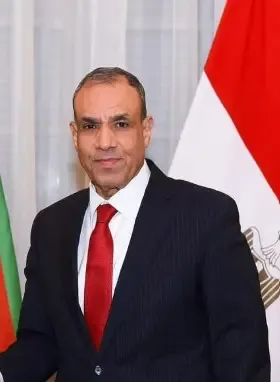
Synopsis
Key Takeaways
- The Rafah crossing is designated for humanitarian aid, not for displacing Palestinians.
- Egypt is actively working to improve conditions in Gaza.
- There is international condemnation of forced displacement policies.
- Ceasefire negotiations are crucial for resolving the ongoing conflict.
- The humanitarian crisis in Gaza is exacerbated by man-made obstacles.
Cairo, Sep 6 (NationPress) The Egyptian Foreign Minister Badr Abdelatty reiterated on Saturday that the Rafah crossing, serving as the sole link between Egypt and the Gaza Strip, will not function as a means for displacing Palestinians from their homeland.
During a shared press briefing with Philippe Lazzarini, the Commissioner-General of the United Nations Relief and Works Agency for Palestine Refugees in the Near East, Abdelatty stated, "The Rafah crossing is exclusively intended for the delivery of humanitarian aid, not for dislocation."
"It is ludicrous to assert that the Palestinian populace wishes to abandon their land; instead, they are compelled by a strategy of starvation," he remarked.
Lazzarini concurred that the hunger crisis in Gaza is artificially created, noting that "it is challenging to provide assistance to Gaza residents via the Rafah crossing due to obstructions imposed by Israel."
The UN representative expressed that Egypt is making concerted efforts to halt the worsening conditions in the enclave, lamenting that the UN agency lacks the resources necessary to address humanitarian needs in Gaza, as reported by Xinhua news agency.
Commenting on the ceasefire negotiations in Gaza, Abdelatty asserted that ending the conflict is the sole pathway to ensure the release of hostages.
He also mentioned discussions with US Special Envoy Steve Witkoff on Friday regarding enhancing efforts to actualize the latest ceasefire proposal.
Abdelatty attributed the delay in achieving a ceasefire to Israel's stubbornness.
This statement followed comments from Israeli Prime Minister Benjamin Netanyahu, who claimed in a recent interview that "half of the populace wishes to leave Gaza," while maintaining that "this does not constitute a mass expulsion."
Netanyahu’s claims have faced widespread regional backlash.
Jordanian government spokesperson Mohammad Momani stated on Saturday that Jordan will categorically reject the forced displacement of Palestinians.
On social media platform X, Momani emphasized that international law forbids the forced relocation of populations from "occupied territories," labeling it a "war crime" and a "crime against humanity."
In August, Hamas consented to a proposal for a 60-day ceasefire with Israel, which included the return of a portion of hostages held in Gaza and the release of some Palestinian prisoners by Israel.
An official source from Egypt indicated that the proposal accepted by Hamas encompassed a halt to Israeli military operations for 60 days and laid out a framework for a comprehensive agreement to resolve the nearly two-year-long conflict.
Shortly thereafter, Netanyahu announced that Israel would promptly resume discussions for the release of all hostages in Gaza and a cessation of the conflict, albeit under terms deemed acceptable to Israel.


